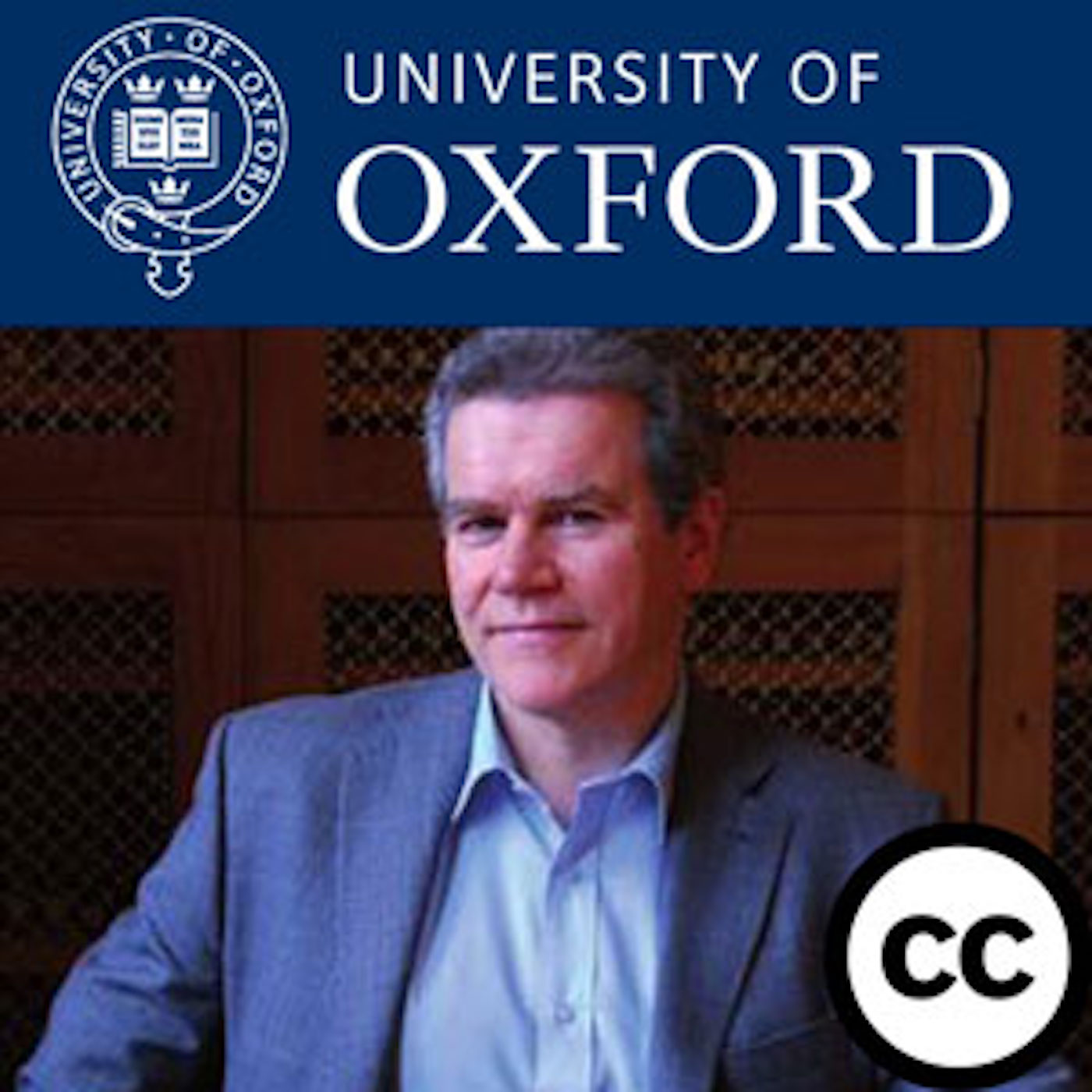Podcast Profile: General Philosophy
 Site • RSS • Apple Podcasts
Site • RSS • Apple Podcasts33 episodes
2010
Median: 12 minutes
Collection: Philosophy

 Site • RSS • Apple Podcasts
Site • RSS • Apple PodcastsDescription (podcaster-provided):
A series of lectures delivered by Peter Millican to first-year philosophy students at the University of Oxford. The lectures comprise of the 8-week General Philosophy course, delivered to first year undergraduates. These lectures aim to provide a thorough introduction to many philosophical topics and to get students and others interested in thinking about key areas of philosophy. Taking a chronological view of the history of philosophy, each lecture is split into 3 or 4 sections which outline a particular philosophical problem and how different philosophers have attempted to resolve the issue. Individuals interested in the 'big' questions about life such as how we perceive the world, who we are in the world and whether we are free to act will find this series informative, comprehensive and accessible.Themes and summary (AI-generated based on podcaster-provided show and episode descriptions):
➤ Intro philosophy survey (Aristotle–Kant) • Epistemology: knowledge, justification, Gettier, scepticism • Perception: primary/secondary qualities, realism vs idealism • Mind–body dualism • Induction • Free will, determinism, moral responsibility • Personal identity, memory, persons/brainsThis podcast presents an introductory series of Oxford lectures that survey major problems and methods in philosophy through a broadly chronological history of early modern thought and its legacy. It begins by situating philosophical inquiry in relation to the development of natural science, tracing the shift from Aristotelian frameworks to mechanistic approaches associated with figures such as Galileo, Boyle, Newton, and Descartes, and using that background to frame the distinctive aims of philosophical argument and analysis.
A sustained thread concerns epistemology and scepticism: how knowledge is to be defined and justified, how experience and reason contribute to what we can claim to know, and how challenges like the problem of induction and Gettier-style counterexamples complicate traditional analyses of knowledge. Related discussions examine external-world scepticism and different strategies for responding to doubts about whether perception connects us to reality.
Another central theme is perception itself, including the distinction between primary and secondary qualities, debates over whether perceived qualities resemble mind-independent objects, and contrasts between idealist, phenomenalist, and direct realist approaches.
The series also addresses metaphysics of mind and agency. It considers mind–body dualism and later critiques, then turns to free will, determinism, and moral responsibility, comparing influential accounts of liberty and necessity and exploring what different concepts of freedom amount to. The lectures culminate in personal identity, focusing on what makes someone the same person over time, the roles of consciousness and memory, objections involving forgetting and false memories, and questions about whether persons are best understood in relation to bodies, brains, or psychological continuity.